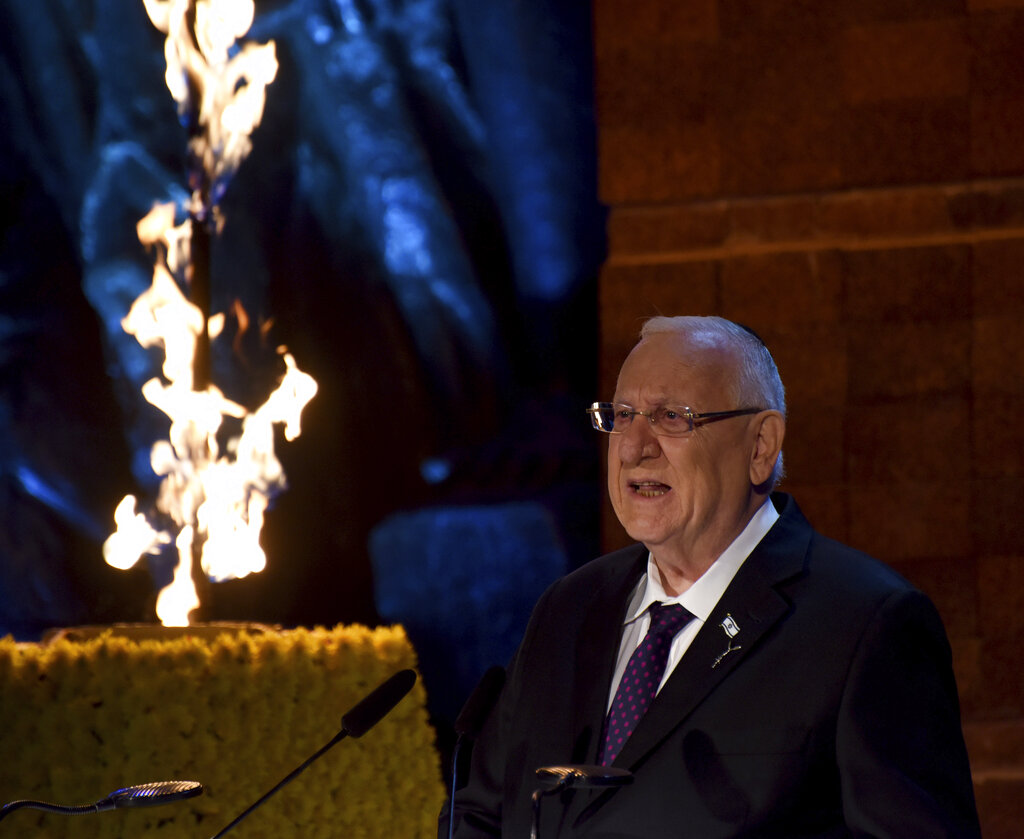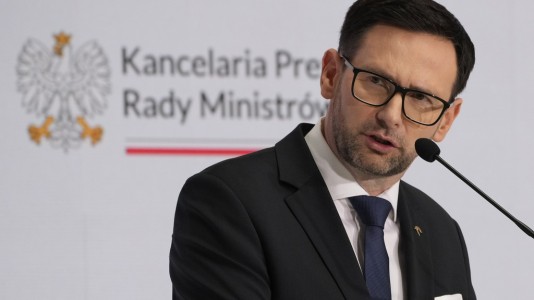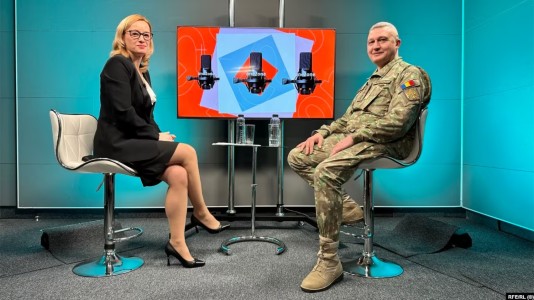After the former Israeli President Reuven Rivlin said during a recent visit to Kraków that Jews “were also slaughtered here by Poles,” there has been considerable backlash.
Among those outraged by the former Israeli president is Law and Justice (PiS) MP Arkadiusz Mularczyk, who wrote the reparations report detailing Poland’s Second World War losses under German occupation, which amounted to €1.3 trillion.
“The most outrageous thing is that the Jews stopped blaming the Germans and instead blame the Nazis and Poles, saying that the camps were in Poland. Of course, there are Jewish claims in the background, this is a certain formula for increasing pressure on the Polish state from some Jewish circles,” he said.
Mularczyk further commented on the close cooperation between Germany and Israel, including financial reparations for Holocaust victims. He believes this partnership has contributed to portraying Poland as partly responsible for the Holocaust, a stance he strongly opposes.
“Despite the horrors of World War II, we see good cooperation between Germany and Israel. As a result of this cooperation, Poland is presented as an entity co-responsible for the Holocaust,” Mularczyk said in an interview with conservative news outlet DoRzeczy.pl.
Mularczyk says that his detailed report documenting the humanitarian and material losses suffered under German occupation was an attempt to set the record straight.
[pp id=5716]
“That is why our report on war losses was created and hence our international activity. Its aim is to show that the history of World War II is poorly known and is presented in a false light. It is important that this work continues to dispel the narrative that operates in Israel and some circles in the USA,” he said.
According to Mularczyk, this historical narrative shift has had severe consequences. He noted that the narratives promoted without Poland being able to push back partly stem from Poland being under Soviet occupation until 1989 and subsequently failing to assertively address historical issues, especially concerning Germany.
[pp id=105857]
The Polish politician expressed his concern about the increasing pressure from certain Jewish groups making claims against Poland. He sees these developments as part of a broader trend, one that he has been warning about for some time. This concern was a major factor in the creation of the report on wartime losses and a push for international recognition of the true history of World War II.
Mularczyk also criticized the current left-liberal government’s approach to historical narrative building, particularly under Donald Tusk, noting recent decisions to limit funding for the Institute of National Remembrance (IPN) and questioning the commitment to historical education and remembrance in Poland. He warns that neglecting this area could have dire consequences for Poland’s understanding of its past, especially as the generation that lived through World War II is fading away.
[pp id=5730]
“Unfortunately, the first decisions within a month and a half of the government show this. The entire council of the Institute of War Losses, which was responsible for preparing the report and promoting the topic around the world, was dismissed. The historical policy pursued by our government is being contested. The Institute of National Remembrance is under attack,” he said.
In conclusion, Mularczyk emphasized the importance of continued efforts to challenge the prevailing narrative in Israel and some American circles, stressing that the former Israeli president’s statement is not an isolated incident but part of a larger issue concerning the representation of Poland’s history.





